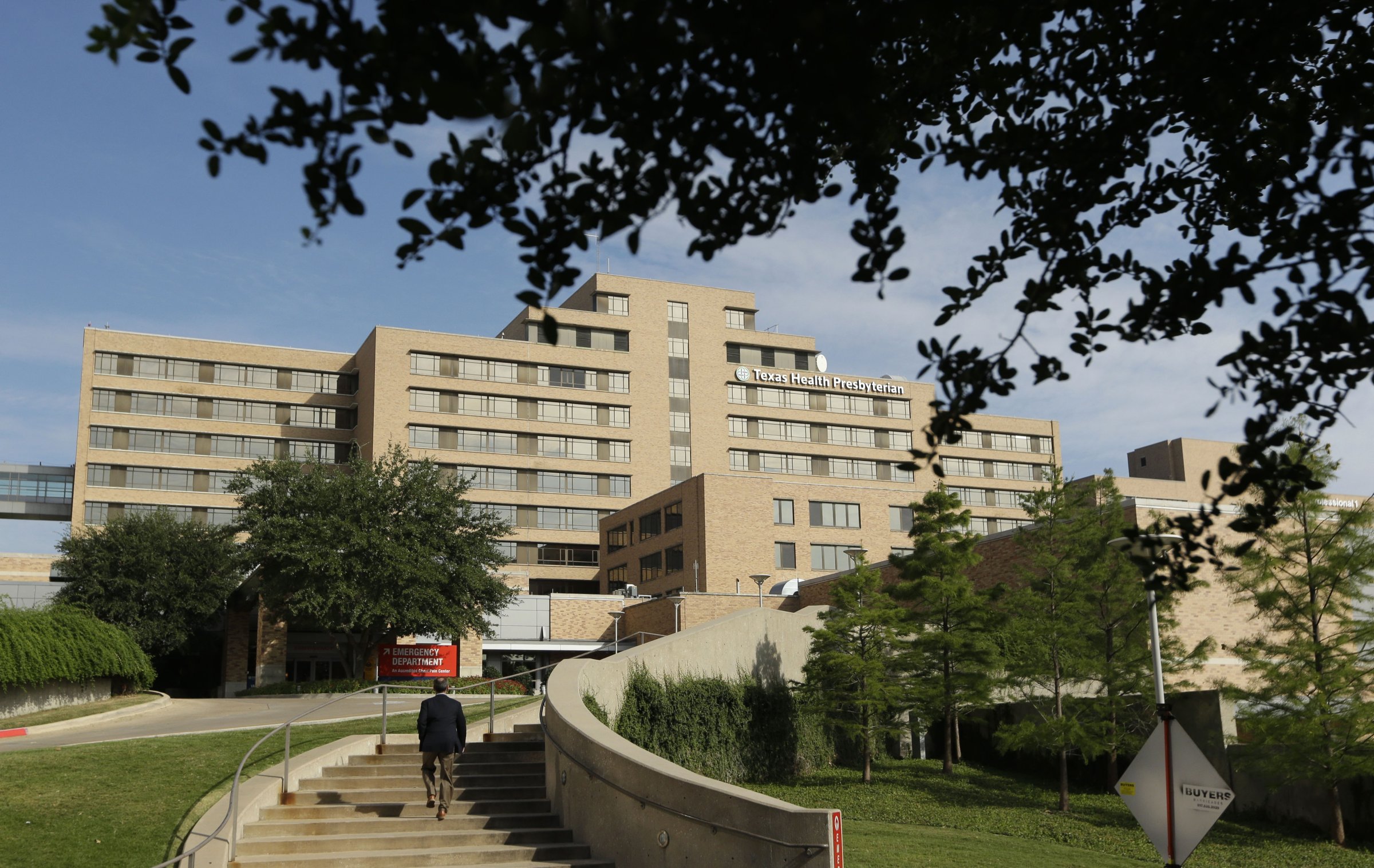
Updated 10:51 a.m. EST
A nurse who worked at the Texas hospital where two nurses caught Ebola says she “can no longer defend [her] hospital at all” following its handling of multiple Ebola patients.
In a Today show interview Briana Aguirre said that while Texas Health Presbyterian in general is “a premier facility,” it was unprepared to handle the Ebola crisis. Aguirre claims that the hospital didn’t provide any mandatory education or information about Ebola outside of an optional seminar before Thomas Eric Duncan, who later died from the disease, arrived at the hospital for care.
Dr. Daniel Varga, chief clinical officer of Texas Health Resources, the medical group that oversees the hospital, apologized Thursday for mistakes made in the handling of Ebola and Duncan.
“Unfortunately, in our initial treatment of Mr. Duncan, despite our best intentions and a highly skilled medical team we made mistakes,” Varga said in prepared remarks for a congressional hearing set for Thursday. “We did not correctly diagnose his symptoms as those of Ebola. We are deeply sorry.”
Aguirre felt the protective gear she was initially instructed to wear was insufficient and put her at risk because of a gap in coverage around her neck. She also alleges that the hospital has for months lacked the necessary personnel to keep with staff education, policies and procedures.
“I watched them violate basic principles of nursing,” Aguirre said.
See The Tobacco Leaves That Could Cure Ebola
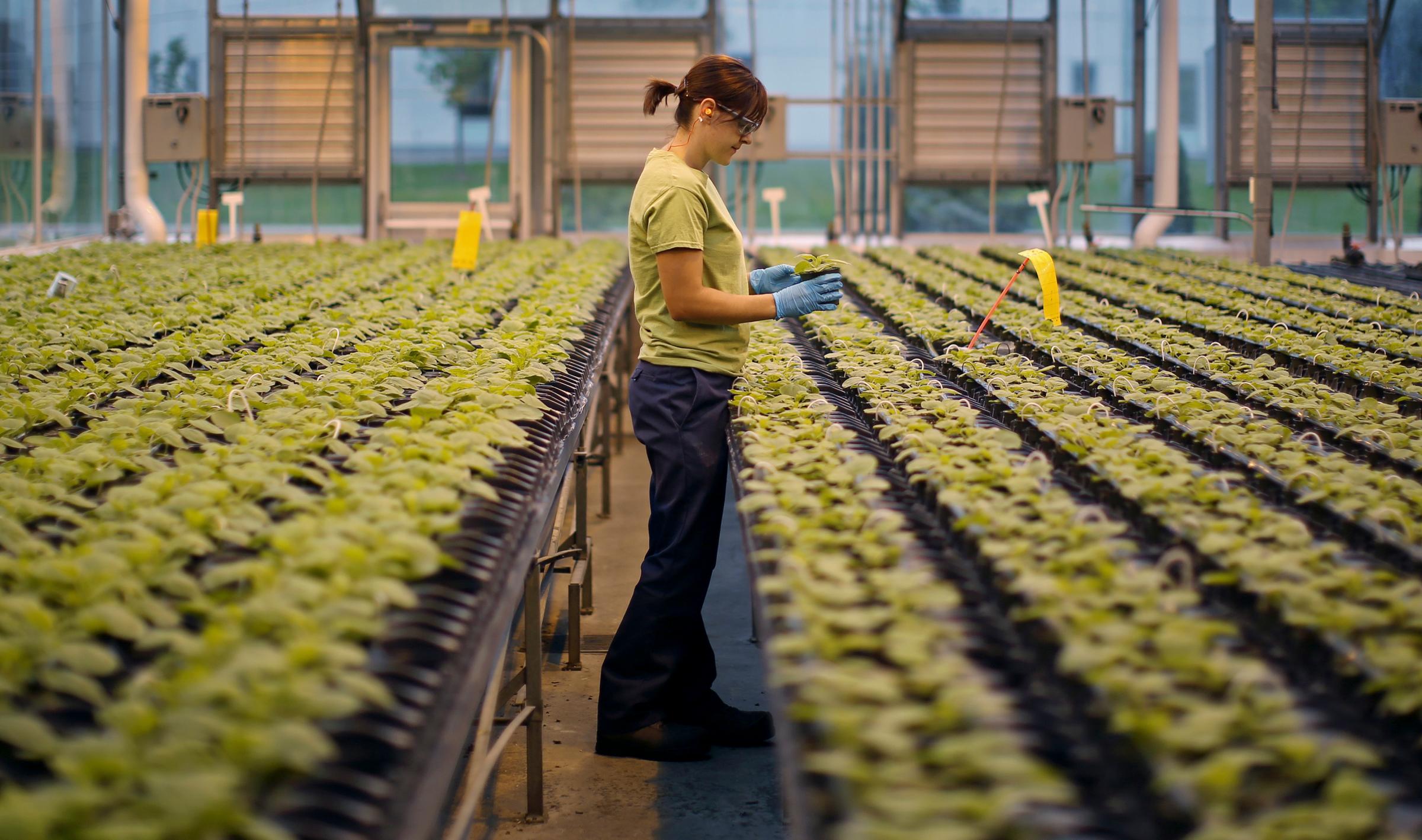
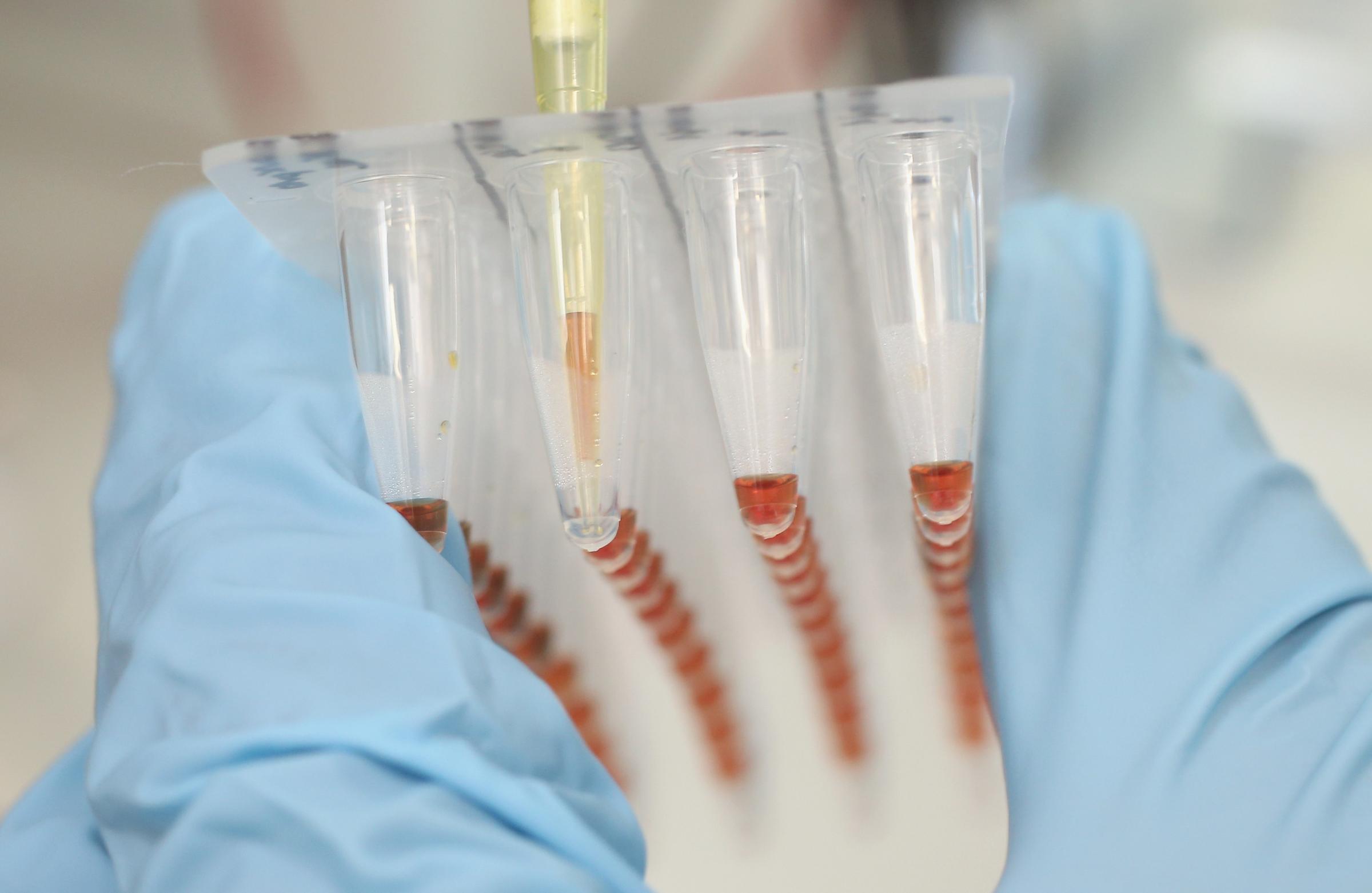
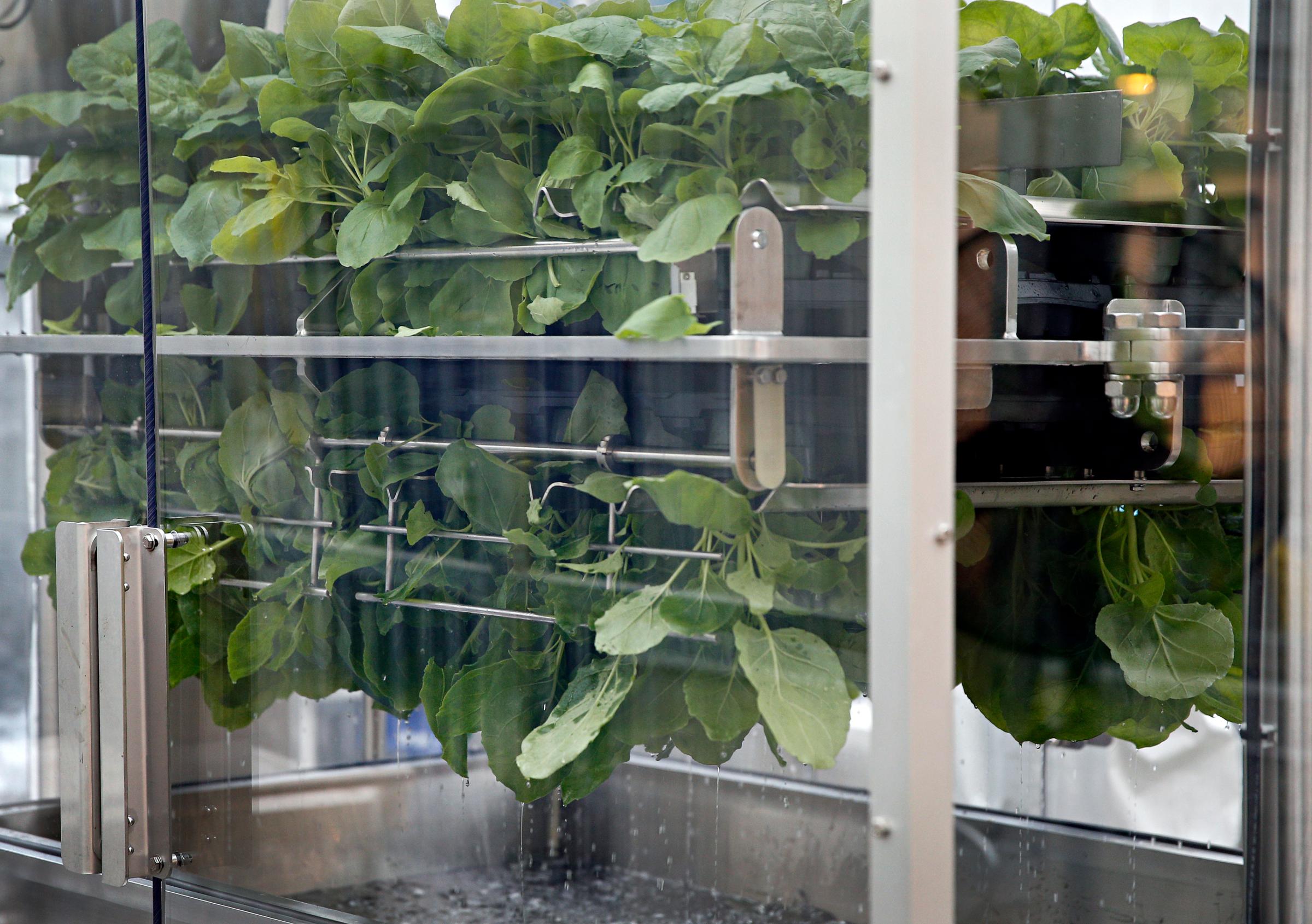
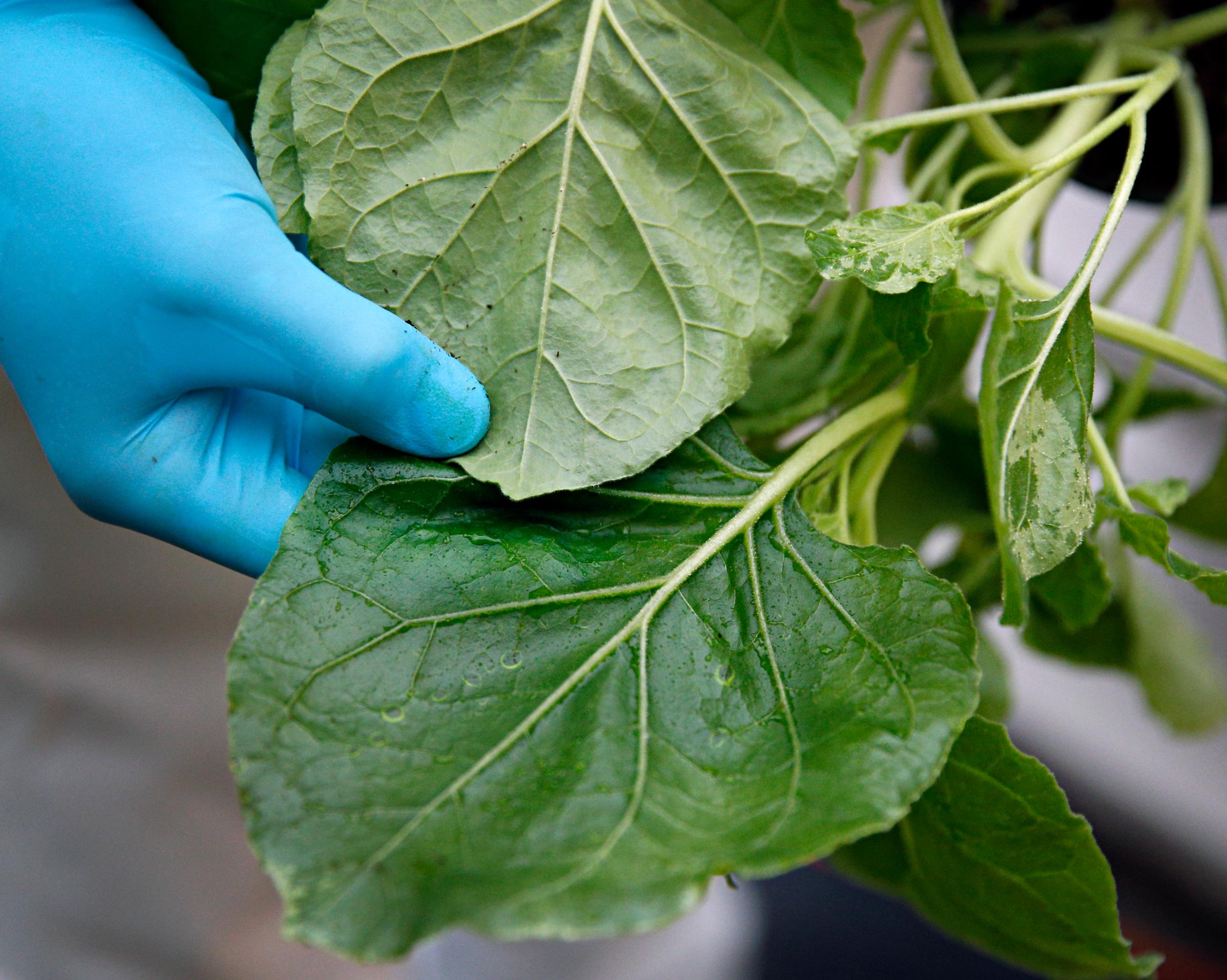
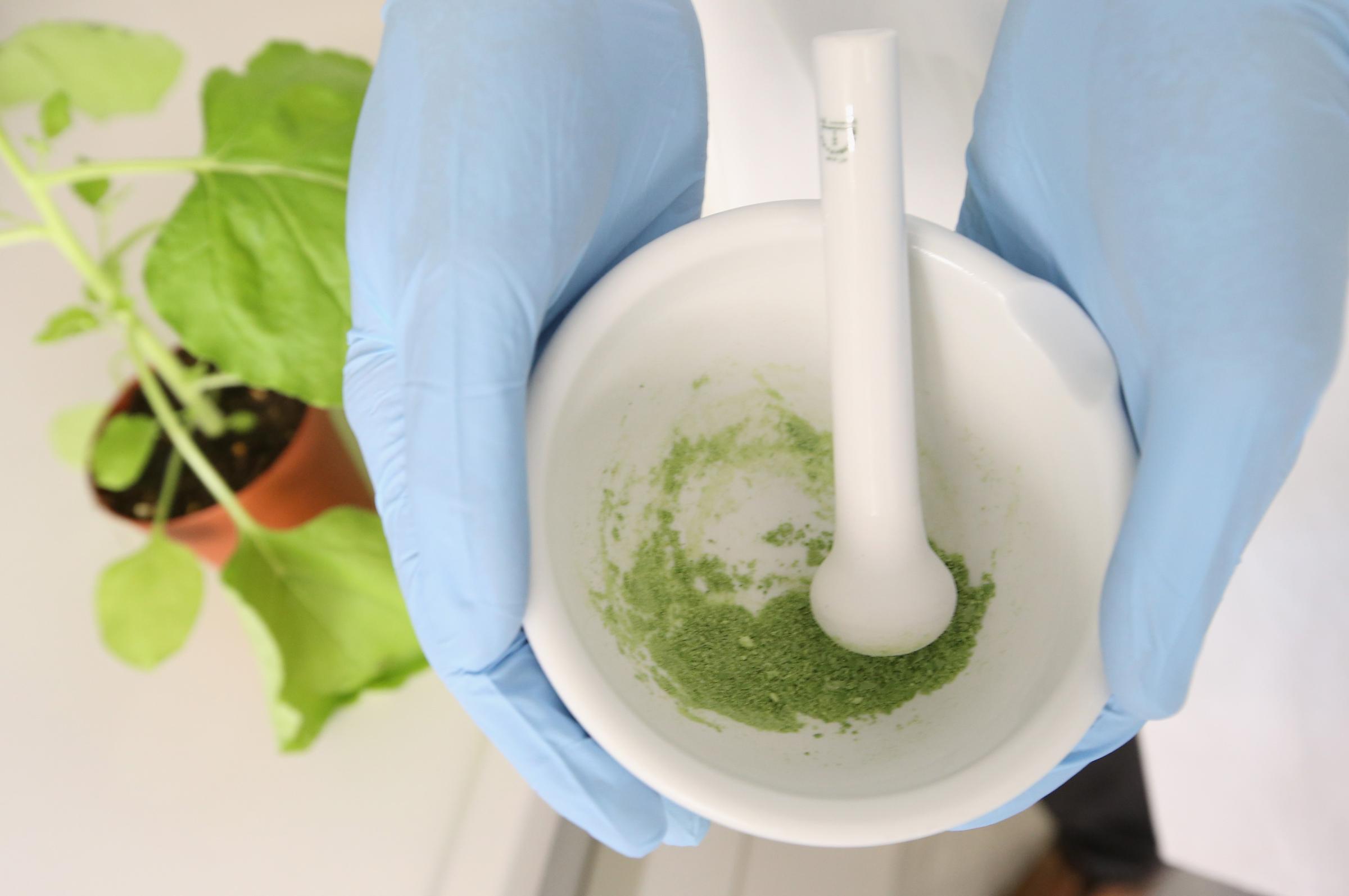
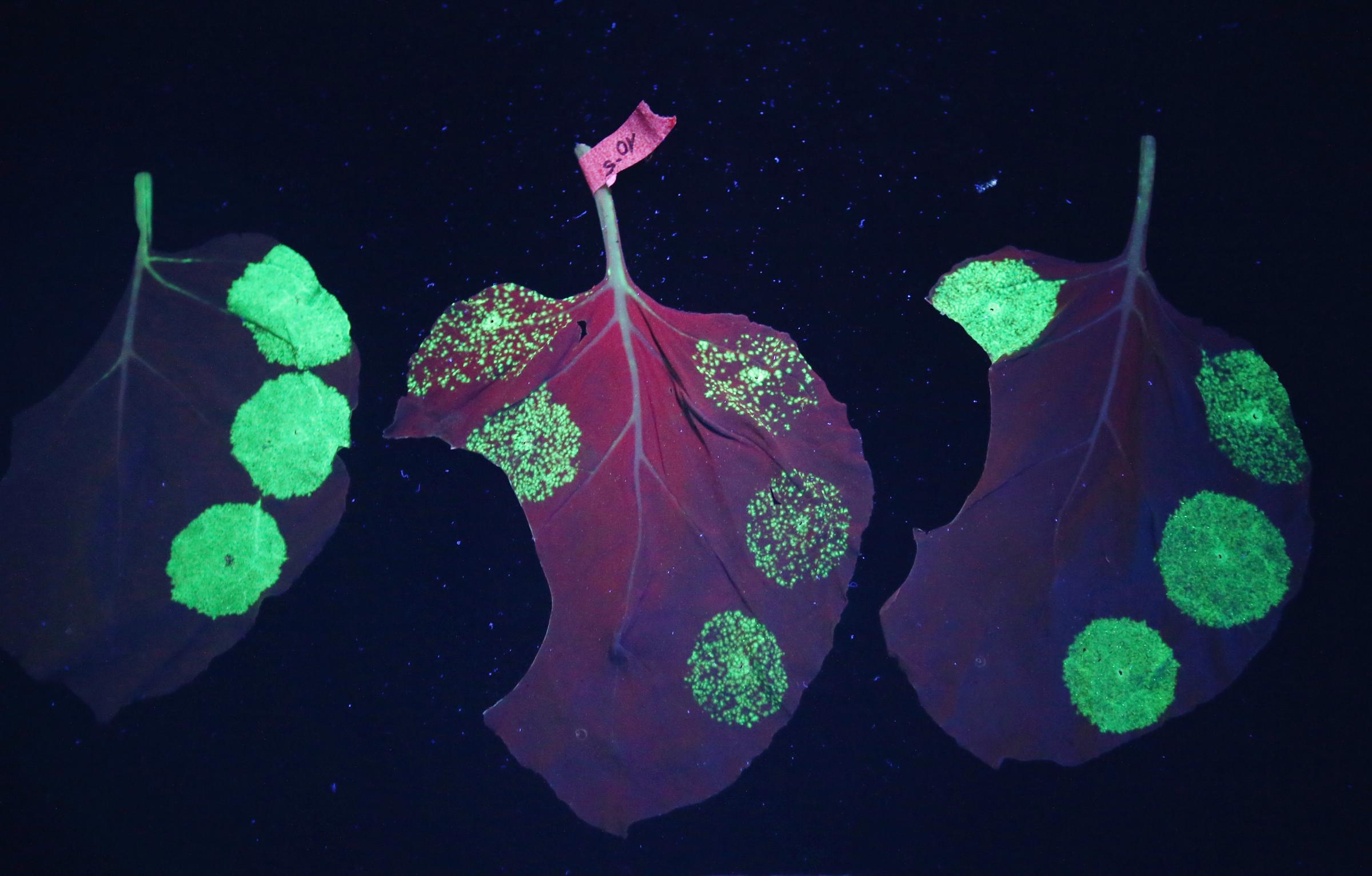
When NBC asked for a comment, Texas Health provided a statement saying the hospital has always complied with recommendations for the Centers for Disease Control and Prevention about protective gear. The statement says the hospital also “went above and beyond” in the handling of hazardous waste.
“When the CDC recommended that nurses wear isolation suits, the nurses raised questions and concerns about the fact that the skin on their neck was exposed,” the statement reads. “Because our nurses continued to be concerned, particularly about removing the tape, we ordered hoods.”
Aguirre said during her interview that she is “terrified” about the risk of losing her job for speaking out publicly. “I’m the breadwinner of my family,” she said. “I’m just a couple of paychecks away from not being able to pay my mortgage and I’m terrified about that.”
Nurses Nina Pham and Amber Vinson were diagnosed with Ebola after helping care for Duncan, who died from the virus earlier this month after traveling from Liberia. Centers for Disease Control and Prevention head Tom Frieden says Pham’s infection occurred following a “breach in protocol.”
[NBC]
More Must-Reads from TIME
- Cybersecurity Experts Are Sounding the Alarm on DOGE
- Meet the 2025 Women of the Year
- The Harsh Truth About Disability Inclusion
- Why Do More Young Adults Have Cancer?
- Colman Domingo Leads With Radical Love
- How to Get Better at Doing Things Alone
- Michelle Zauner Stares Down the Darkness
Write to Nolan Feeney at nolan.feeney@time.com